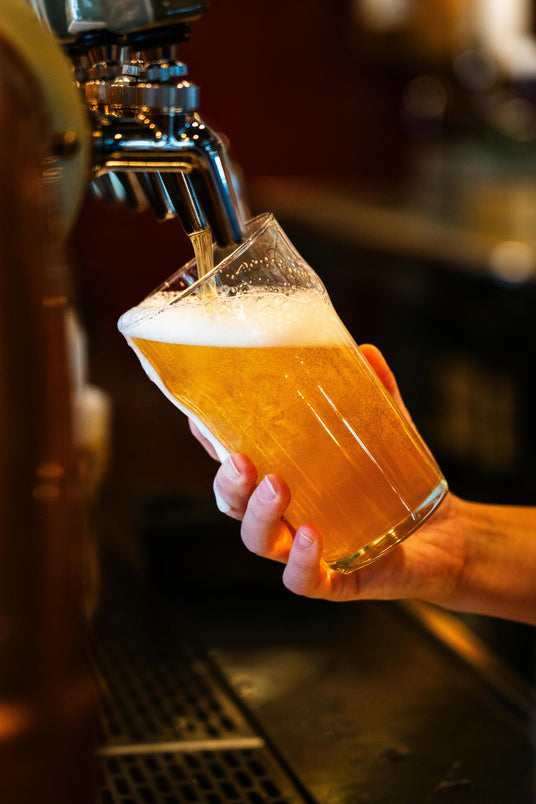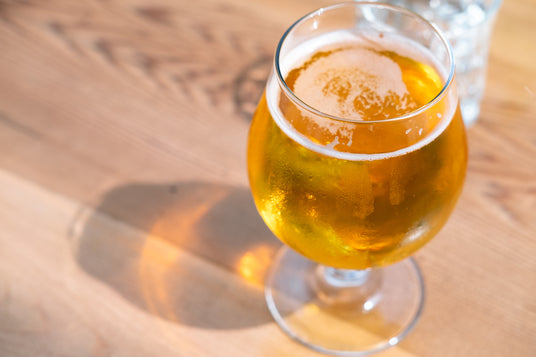
Craft Beer
Lekker brews their own beer which is now available. Please get in touch with us for more information.Our beer selection includes:
- Limburger Blond 6.2%
An often-forgotten Belgian Abbey style. A pinch of banana, clove, all-spice and orange. Slightly boozy, bitter and dry.
- Misty Maembe 6.1%
This hazy mango I.P.A. has a distinct mouthfeel. Large amounts of late hop additions make it pop with notes of mango, pineapple and citrus.
- Bronze Ale 5.0%
A classic with aromas of caramel, biscuit, herbs and fruitiness. Balanced with equal representations of malt and hops.
- Passion Cider 6.1% A tropical take on a traditional dry cider. Crushed passion fruit and red apple. Crisp, slick and refreshingly dry.
The beer is provided in varying quantities in a keg. Please contact us for more details.

Craft Cider
Lekker’s handcrafted ciders, available in Passion Cider and Wild Berry Cider, offer a modern take on a beverage with a long and rich history. While the history of cider dates back thousands of years to ancient civilizations, Lekker.co.ke infuses it with a Kenyan twist by incorporating locally-sourced ingredients. Their Passion Cider combines the crispness of fermented apples with the tropical tartness of passion fruit, while the Wild Berry Cider blends the apple base with a mix of wild berries for
a fruity and refreshing flavor.
The Long History of Handcrafted Cider 🕰️
The story of cider is as old as the cultivation of apples itself. The earliest evidence of fermented apple beverages dates back as far as 6500 BC in what is now Georgia, but it was the Romans who introduced improved cider-making techniques to England, where they found the local Celts were already fermenting crabapples.
During the Middle Ages, monasteries played a crucial role in advancing the craft, as monks experimented with different apple varieties and fermentation methods. Cider became a safer, more reliable alternative to often-polluted water sources. It was a staple drink for people of all social classes across Europe, particularly in regions like England's West Country and Normandy in France, which remain cider strongholds to this day.
In the 20th century, the rise of mass-produced beer and Prohibition in some parts of the world led to a decline in cider's popularity. However, in recent decades, there has been a global cider renaissance driven by a renewed appreciation for artisanal beverages and a desire for gluten-free alternatives to beer. This movement emphasizes
traditional methods and the use of natural, local ingredients, bringing cider back to its handcrafted roots.
